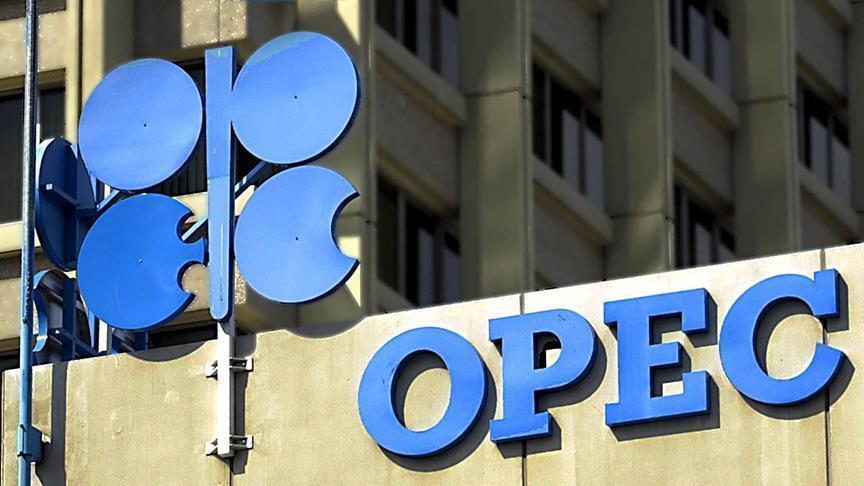
In a move aligned with OPEC+’s broader strategy, Algeria has announced it will increase its oil production beginning in September 2025, following a ministerial meeting held virtually on August 3.
As a longstanding and active member of the OPEC+ alliance, Algeria continues to support efforts to stabilise global crude oil markets.
During the latest discussions, which included eight member countries, the group collectively agreed to raise production levels by 547,000 barrels per day in response to an anticipated surge in global demand.
This increase, according to the alliance, is primarily driven by renewed industrial activity in Asia and the escalating energy needs of emerging economies.
Algeria’s specific contribution to this adjustment will be an additional 11,000 barrels per day.
Though modest in volume, this output rise is considered significant in a market environment where even minor shifts can impact global oil prices.
Ministers also reviewed current market dynamics marked by moderate volatility and evaluated the outcomes of the voluntary output cuts implemented since April 2023.
In addition, the session addressed compensation mechanisms designed to offset any production surpluses, a persistent challenge for the alliance as it balances supply with demand.
Algeria’s decision reflects a dual commitment: safeguarding national economic interests while honouring collective obligations within OPEC+.
With hydrocarbons forming a substantial portion of its GDP, Algeria remains focused on leveraging its strategic position in global energy governance.
The move also highlights Algeria’s intent to remain actively engaged in international energy diplomacy at a time of shifting geopolitical alignments and increasing pressure for energy diversification.
While this latest adjustment is a short-term measure, OPEC+ continues to grapple with more complex structural issues, including the global shift toward renewable energy, evolving market players, and the need for stronger internal coordination.
As the group adapts to these long-term pressures, analysts will be watching closely to see how the September production increase affects market stability in the months ahead.



